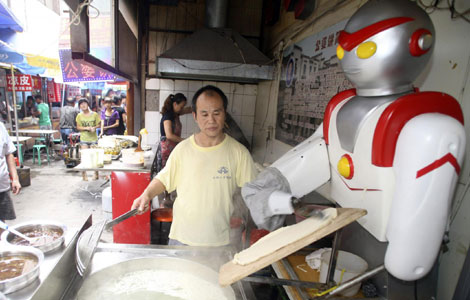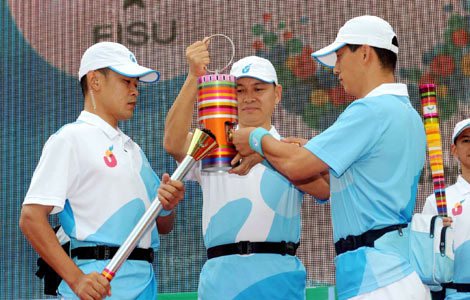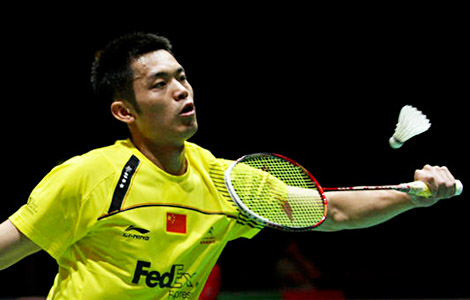First transplant for donor-match system
Updated: 2011-08-12 08:15
By Zhou Wenting (China Daily)
|
|||||||||||
BEIJING - A national computer system, designed to match donors with patients who need specific organs, resulted in first organ transplant across provincial lines at a hospital in Tianjin on Thursday.
"The recipient of a liver regained consciousness this morning and is in a stable condition," said Zhu Zhijun, vice-president of the Tianjin First Center Hospital, where the operation took place.
The patient, Hua Panshou, who received a liver from a 6-year-old girl, is a 64-year-old Taiwan resident suffering from liver cancer. She went to the Tianjin hospital, the biggest organ-transplant center in the country, a week ago and was put on a waiting list.
"The woman is the first patient to be matched with a donated liver using the system," said Sun Liying, head of the hospital's transplant department.
The China Organ Transplant Response System as it is known, was put into use in December 2010.
Zhu and Sun said the database helped to prevent the liver from going to waste. Before it existed, organ donors and recipients often had few ways to exchange information, especially if they did not live near each other.
"The liver weighed more than 400 grams, and, according to the requirements, the recipient had to weigh less than 55 kilograms," Sun said.
The donor, a native of Zhanjiang, Guangdong province, drowned on Aug 7 and was pronounced brain dead. Her parents decided to donate her organs as a means of extending the lives of others, and transferred her to the First Hospital affiliated to Sun Yat-sen University, which is qualified to undertake organ transplants, according to He Xiaoshun, vice-president of the hospital.
"No match was found in our hospital, but one was found after we put the girl's information in the national system," He said, adding that the liver had been taken to Tianjin on Wednesday evening and the surgery was performed immediately afterward.
Before the system was put into use, the three medical experts had to rely on their contacts in other hospitals and in the provincial Red Cross society to find organ recipients.
"But only a national platform can ensure fairness and frequent information exchanges about the supply and demand," Zhu said.
In establishing the national transplant system, the designers wanted to make sure it would ensure donated organs are being distributed in a fair manner. They also wanted to avoid wasting donated organs, to know more about where those in need of organs are and to promote organ donations.
"If a donated organ is wasted because of inefficiency, that will be a heavy blow to the donor's family as well as the public's confidence in organ donations," said Wang Haibo, director of the China Organ Transplant Response System.
Wang said the system will help to ensure that organs are matched quickly and accurately to their intended recipients, reduce the mortality rates of patients who are waiting for transplants and improve the chances that patients will survive and be healthy after their transplants.
The system includes more than 85 percent of the licensed transplant hospitals in China that meet the technical and managerial criteria set by the system, statistics from the system showed.
Related Stories
Illegal organ deals strike fear into Chinese hearts 2011-06-08 15:03
'Organ donation system is not on agenda' 2011-05-11 07:19
Hospitals prepped for organ transplants 2011-05-04 07:28
China to crackdown on illegal organ transplants 2011-04-19 07:08
Drivers to sign organ donation form with license 2011-04-25 13:47
China extends organ donation trial 2011-03-07 09:03
Hot Topics
Anti-Gay, Giant Panda, Subway, High Speed Train, Coal Mine, High Temperature, Rainstorm, Sino-US, Oil Spill, Zhu Min
Editor's Picks

|

|

|

|

|

|







